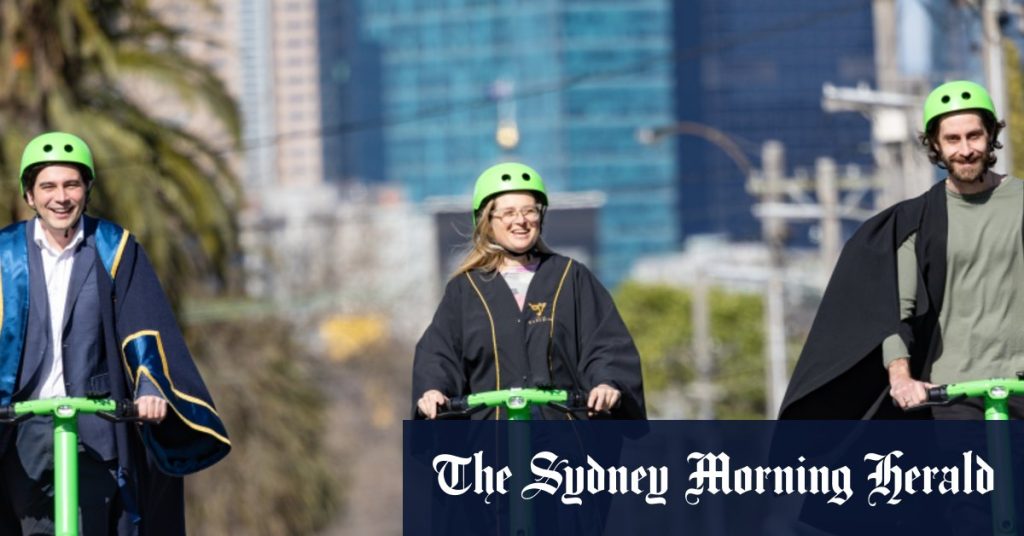The issue of e-scooter use in Melbourne has sparked controversy, with the City of Melbourne recently deciding to ban e-scooters. Many are disappointed with this decision, including Darebin’s Susanne Newton, who believes it is short-sighted and limits people’s transportation options. Those in favor of the ban argue that e-scooters have made footpaths unsafe due to users disobeying road rules. However, critics feel that this decision is a knee-jerk reaction and that e-scooter companies should be given a chance to trial other solutions to address poor behavior.
The ban on e-scooters in Melbourne will result in users from the inner-northern bloc having to switch to another mode of transport to reach the CBD or Port Phillip, as the city’s e-scooter zones will be effectively cut off from each other through geo-fencing. Newton is urging the City of Melbourne to continue working with neighboring councils on a shared mobility plan to connect different regions. Moonee Valley’s mayor, Tyson, acknowledges the unique challenges the City of Melbourne faces and supports the idea of connecting the north and south through e-scooter access.
While there is value in creating an inner-north zone for e-scooters, there is also a desire to connect different areas of Melbourne through e-scooter access. Transport Minister Gabrielle Williams expressed disappointment with the City of Melbourne’s decision to ban e-scooters, especially considering the popularity of the scheme and its benefits in reducing carbon emissions and providing safe travel options for shift workers. However, residents and traders have raised concerns about e-scooter riders endangering public safety by disobeying rules and creating trip hazards.
The decision to ban e-scooters in Melbourne was influenced by a motion put forward by lord mayoral candidate Arron Wood, who wanted e-scooters banned from the Hoddle Grid, and supported by candidate Philip Reece. Reece’s motion led to the withdrawal of contracts with e-scooter companies Neuron and Lime, giving them 30 days to remove their e-scooters from the city. This decision has faced opposition, with Victorian Premier Jacinta Allan opposing the ban and hoping for a common sense solution to maintain e-scooter access in Melbourne.
E-scooter companies, such as Lime and Neuron, have expressed disappointment and are considering legal action against the City of Melbourne for not consulting with concerned riders and businesses before imposing the ban. Lime, which has invested $40 million in its operations in Melbourne, has had many trips ending on the northern border of the City of Melbourne, indicating strong community interest in e-scooter expansion. Efforts are being made to explore new solutions to address issues associated with e-scooter use, such as restrictive parking controls and technology to prevent riding on footpaths.
Overall, the decision to ban e-scooters in Melbourne has generated differing opinions among stakeholders, with some supporting the ban due to safety concerns and others opposing it on the grounds of limiting transportation options and connectivity. The controversy surrounding e-scooter use in Melbourne highlights the importance of finding a balance between promoting active transport options and ensuring public safety. The future of e-scooter access in Melbourne remains uncertain, as stakeholders continue to discuss potential solutions and possibilities for addressing concerns related to e-scooter use.













